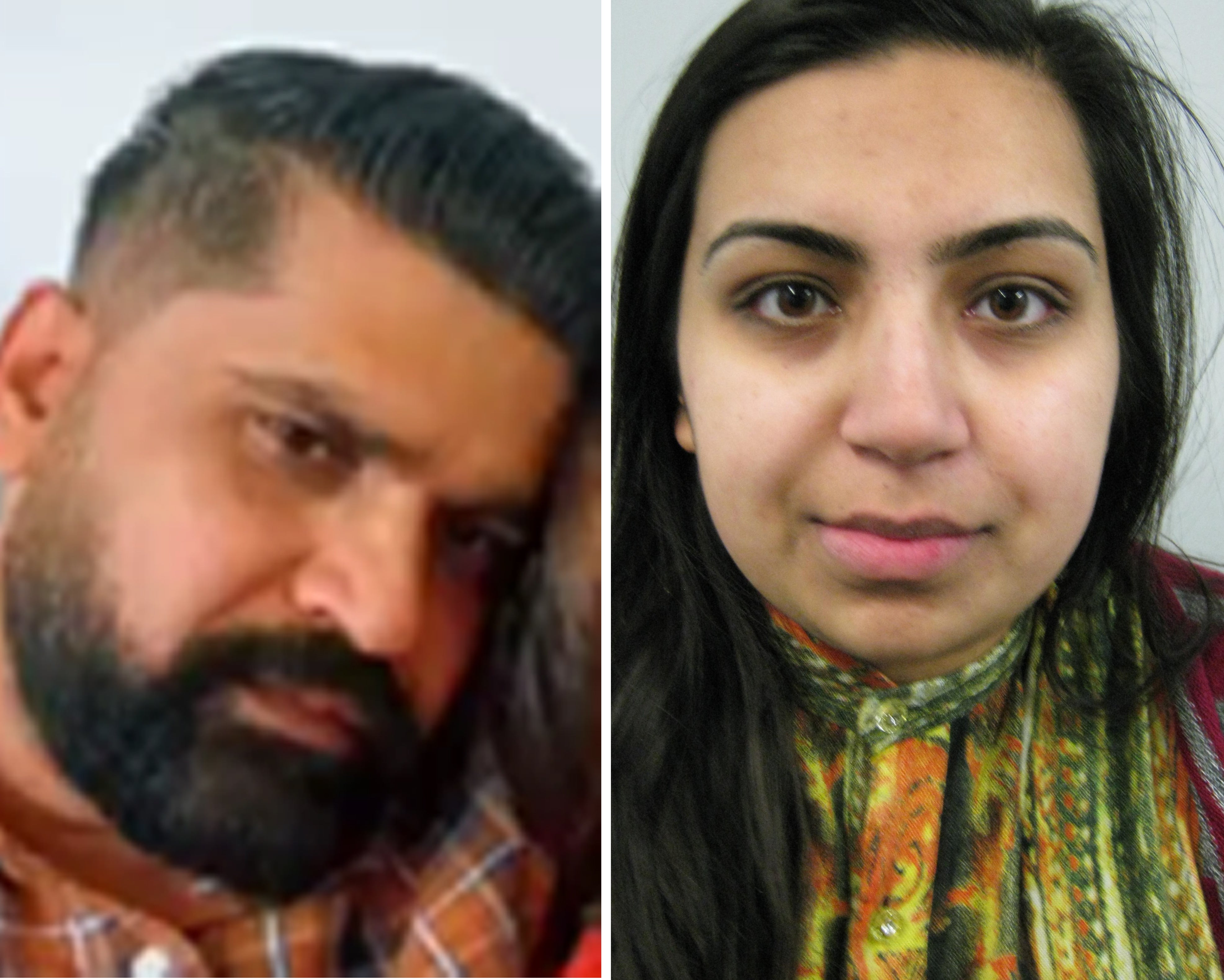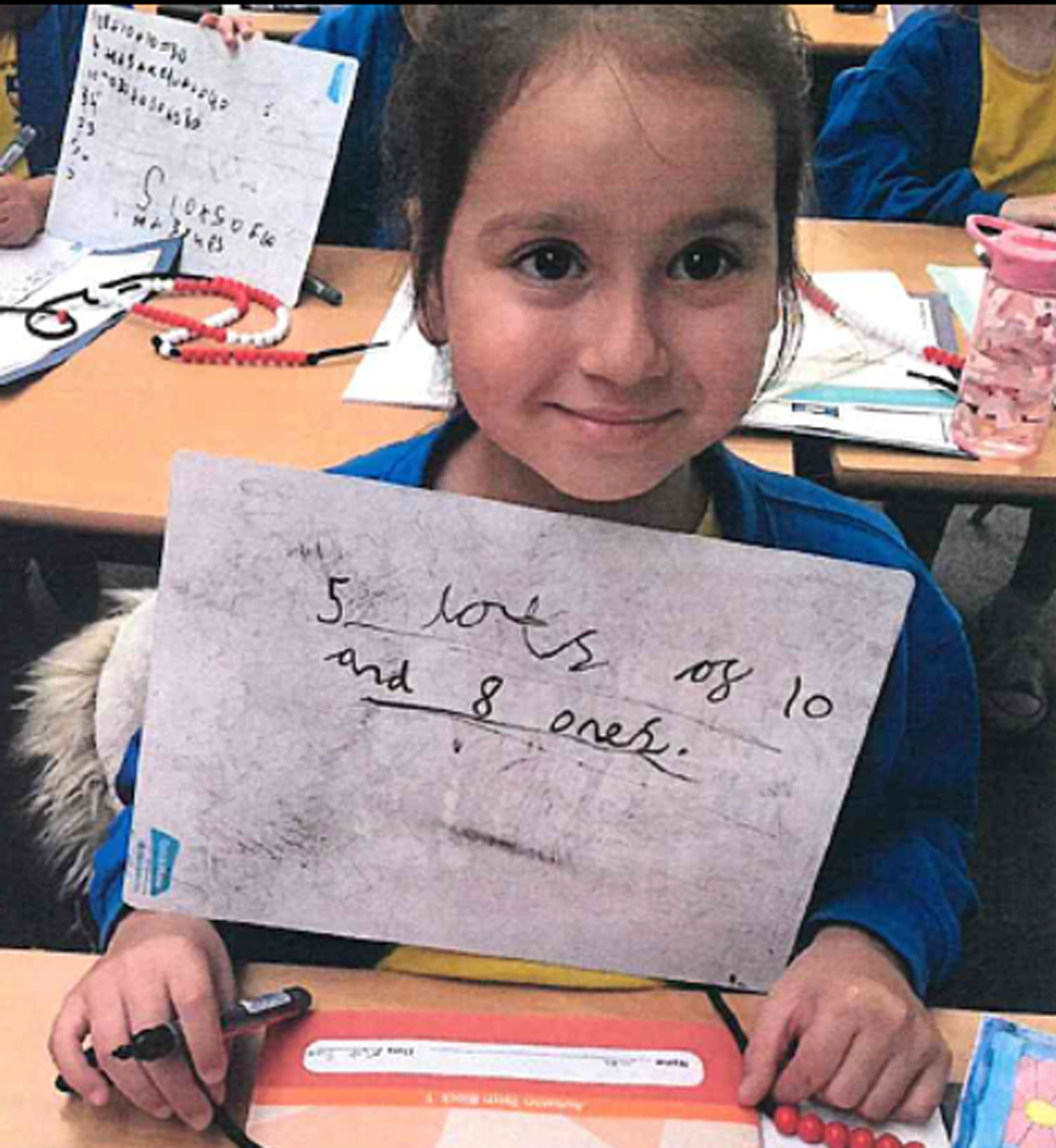Name the judges who left Sara Sharif in care of father who killed her, court told
Murdered 10-year-old suffered a catalogue of more than 70 injuries inflicted by her father and stepmother, including 25 fractures, bite marks and burns
The family court judges who allowed murdered schoolgirl Sara Sharif to live with her abusive father and stepmother should not be protected by anonymity, the Court of Appeal has heard.
Lawyers have argued that a controversial ban on identifying judges who oversaw a string of family court proceedings before her death will have a “corrosive impact on public confidence in the judiciary and the wider justice system.”
A trial last year revealed the 10-year-old endured a horrifying campaign of abuse in which she was routinely hooded, restrained and beaten while living with her father Urfan Sharif and his wife Beinash Batool in Woking, Surrey.
Her battered body was found at the family home in August 2023 after her relations had fled to Pakistan. She had suffered a catalogue of 70 injuries, which included a traumatic brain injury, 25 fractures, an ulcerated burn to her buttocks, human bite marks and scalding wounds.
Sharif, 42, and Batool, 30, were found guilty of her murder, while her uncle, Faisal Malik, 29, who lived with them, was convicted of causing or allowing her death.

Following the shocking trial, details from previous family court proceedings were published, revealing that Surrey County Council had repeatedly raised “significant concerns” that Sara was likely to suffer physical and emotional abuse at the hands of her parents, amid allegations that her father was physically abusing her and her siblings.
Despite three sets of family court proceedings, the allegations were never tested in court, with Sara repeatedly returning to her parents’ care before finally being placed with her father and stepmother in 2019, where she was murdered in 2023.
Mr Justice Williams allowed the reporting from the historic family proceedings, but ordered that the media could not name the three judges involved as well as other “third parties”, including social workers.
This was due to a “real risk” of harm to them from a “virtual lynch mob”, he said.
Freelance journalists Louise Tickle, Hannah Summers and several media organisations are appealing against the decision, telling a hearing on Tuesday that the judges should be named in the interests of transparency.

Chris Barnes, for Ms Tickle and Ms Summers, said in written submissions that the judge’s decision was “unfair, poorly reasoned and unsustainable”, adding it was “out of step with the recognised need to promote transparency, and media reporting, in the Family Court”.
He said: “Judges very frequently sit on controversial cases and that, notwithstanding this reality, anonymity for a judge is not something which has any domestic precedent, indeed, it runs contrary to all established norms.”
He continued: “To seek anonymity for judges, save where truly exceptionally justified, is likely to have a corrosive impact on public confidence in the judiciary and the wider justice system.”
Maintaining the order would represent provide a “comfort blanket of anonymity” while “true accountability” would be lost, he added.
In his original judgment, Mr Justice Williams claimed suggesting that family court officials should be held accountable for Sara’s death was “equivalent to holding the lookout on the Titanic responsible for its sinking”.
However, Mr Barnes challenged the “problematic” analogy on Tuesday, while Adam Wolanski KC, representing the BBC and other news organisations, claimed the comparison was “bizarre and wrong”.

The children’s guardian, who represents the youngsters involved in the case, and Sharif are opposing the appeal, which is being heard by three senior judges in London.
Cyrus Larizadeh KC, for Sharif, said in his written submissions that he was “concerned that no harm should come to the judge(s) who presided in the historic proceedings”.
Mr Larizadeh added that media reporting had led to “significant threats” being made on social media towards judges, including calls for them to be “‘strung up’, ‘shot at dawn’ and to be hanged ‘from a lamppost”’.
Alex Verdan KC, for the children’s guardian, said in written submissions that the judge’s decision “would seem to be grounded on concern for the wellbeing of judges”.
“For many professionals working within the family justice system, particularly those in a judicial role, the risks are all too real, but all too infrequently acknowledged,” he added.
The two-day hearing continues, with a judgment expected at a later date.

